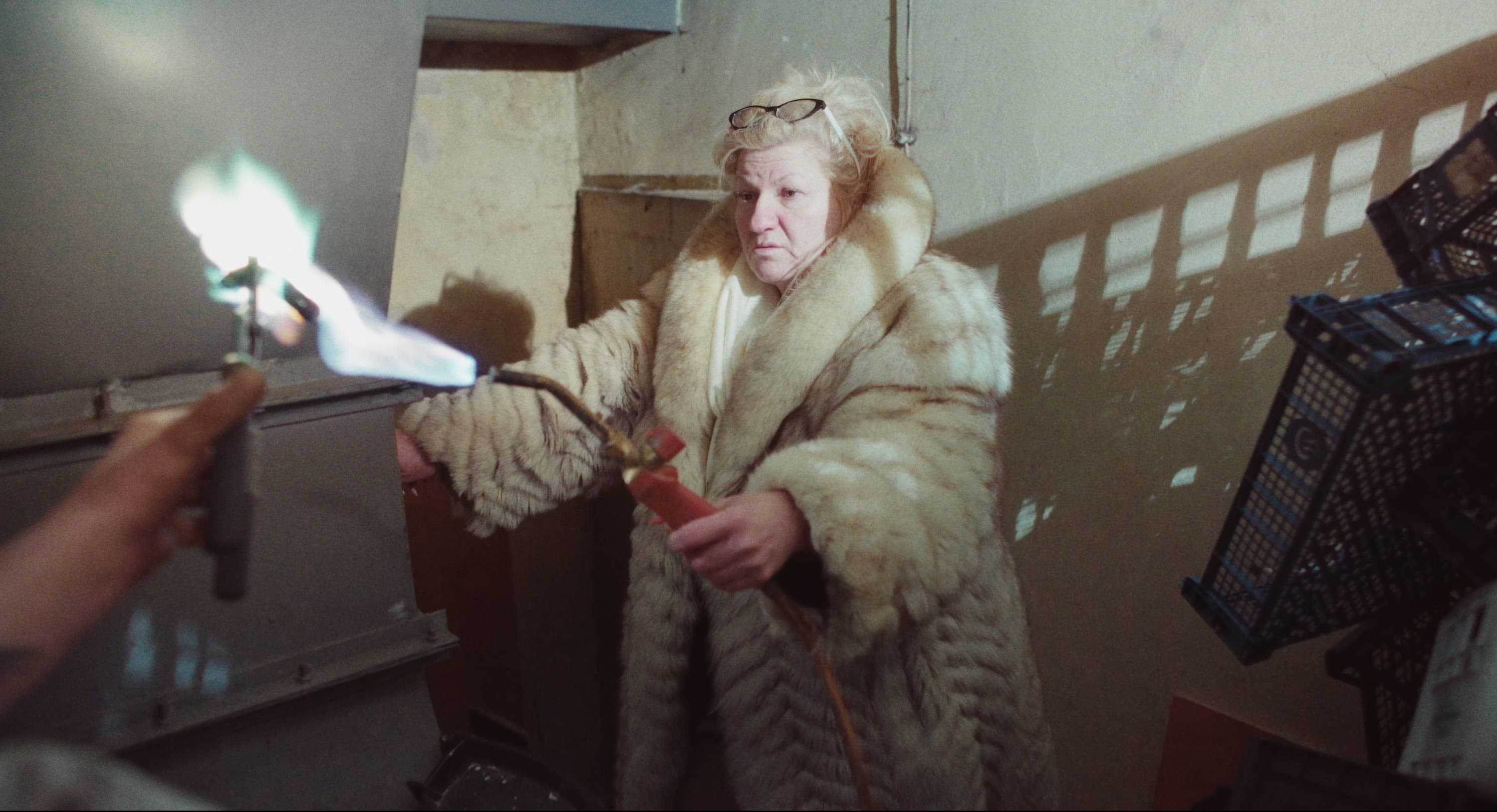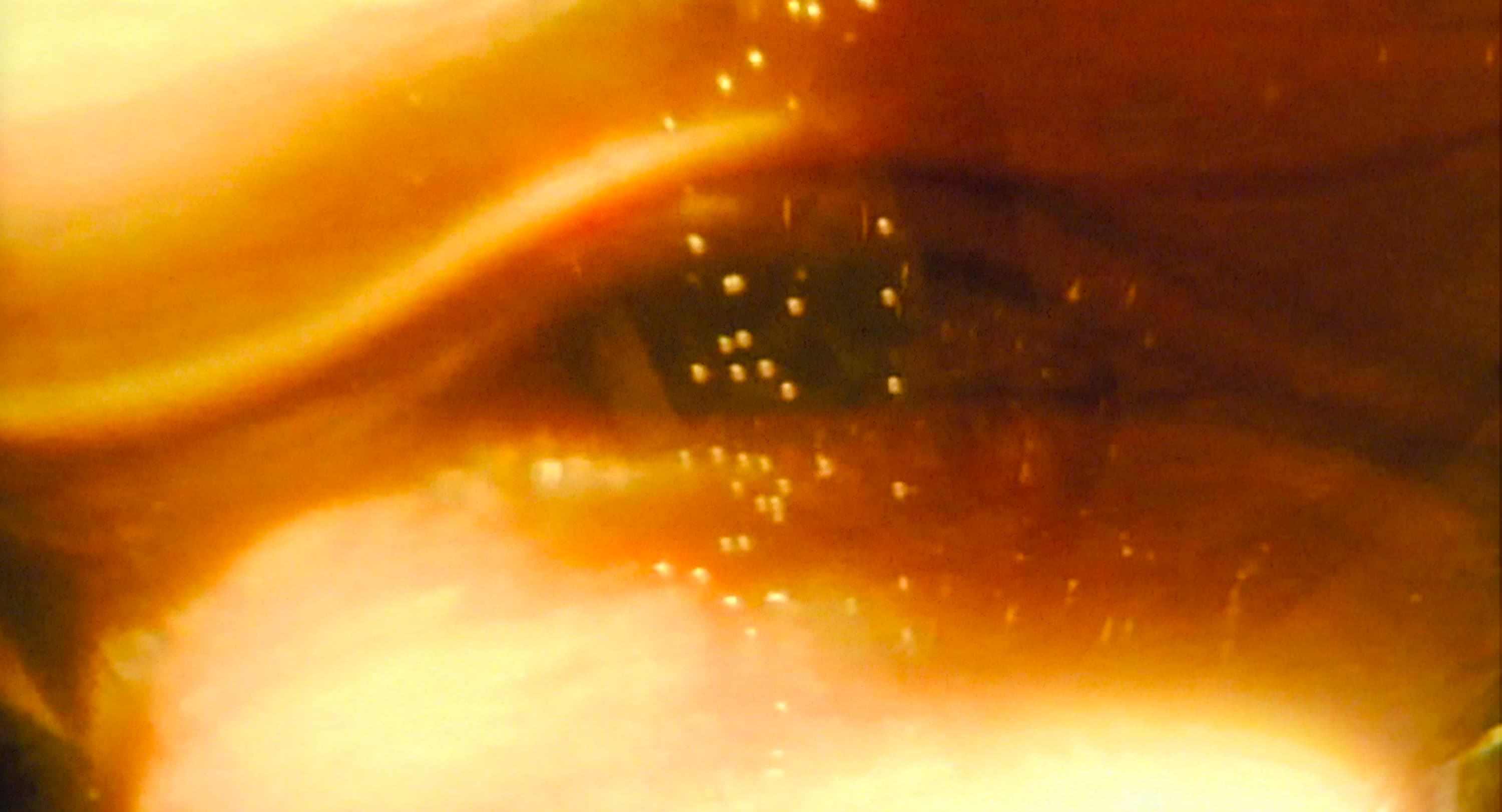
Celebrate Europe Day with three online documentary films
Europe Day held on 9 May every year celebrates peace and unity in Europe. The date marks the anniversary of the historic 'Schuman declaration' that set out his idea for a new form of political cooperation in Europe, which would make war between Europe's nations unthinkable. Schuman's proposal is considered to be the beginning of what is now the European Union.
Like in previous years, IDFA participates in Europe Day with a selection of films that illuminate various aspects of life in Europe in collaboration with the European Cultural Foundation. This year, in honour of #EuropeDay2024, we have curated three documentaries that will be available for free from May 5th to May 12th. Please note that geographical restrictions apply: watch these films within Europe only.
The Pawnshop

Poland - 2021 - Łukasz Kowalski - 81 min.
Pawnbroker Wiesiek moved out of the center of an unnamed Polish city to a big warehouse in a poor, working-class district, and now no one is buying his wares. Wiesiek, his equally charismatic partner Jola and their staff are doing their best to boost interest, but the fact is sales are very slow. They spend most of their time having discussions, smoking and fighting the cold in the wintry pawnshop.
Local people may not be coming in to buy anything, but plenty of them are dragging in their own junk, and their problems. The kindly women in the recycling area are always ready to offer a listening ear, a cup of soup or a free winter coat. All the while, though, things are constantly breaking down and it’s getting difficult to pay the rent—let alone the staff’s wages.
In his sympathetic portrait, director Łukasz Kowalski shows how money problems threaten to drive apart this enterprising couple—to tragic, heartwarming and sometimes highly amusing effect. Visually appealing static shots capture the protagonists in this deprived neighborhood at their most vulnerable, surrounded by every imaginable kind of treasure and trash.
A Picture to Remember

Ukraine, France, Germany - 2023 - Olga Chernykh - 72 min.
Olga Chernykh spent her childhood in Donetsk in the 1990s, before moving with her parents to the Ukrainian capital Kyiv. Her grandma stayed in the Donbas region, large parts of which were occupied by pro-Russian rebels in 2014. The Russian invasion of Ukraine in February 2022, and the ensuing war, only increased the sense of distance between Chernykh and her grandmother.
A Picture to Remember is an essay-style account of the war from the perspective of three generations of women. There are frequent video calls between Chernykh, her mother (a pathologist working above a morgue, where it feels surprisingly safe during bomb attacks) and her grandmother. Recordings of their conversations are interspersed with photos and videos from the family archive, and news reports, as well as images of the parasites Chernykh’s mother observes with a microscope.
The result is a kaleidoscopic and personal film. Traveling fluidly through time, it connects the current violence in Donbas with the destruction there during the Second World War—as related by Chernykh’s grandmother. A sense of absence and loss prevails throughout.
The Story of Ne Kuko

Netherlands - 2023 - Festus Toll - 25 min.
When the Pan-African activist Mwazulu Diyabanza walks into the Afrika Museum in the Dutch village of Berg en Dal and leaves with an exhibition object under his arm, the police arrest him for theft. But according to Diyabanza, he is merely retrieving what was stolen from Congo during colonial rule and returning it to where it came from.
With striking design enriched by archive material, this documentary explores various aspects of the colonial looting of art. The film centers on the history of Ne Kuko, a chieftain in Boma, now in the Democratic Republic of the Congo, who fell prey to a Belgian adventurer on a trading expedition around 1878.
The narrator calmly explains how land was stolen from Ne Kuko, as well as his nkisi. The theft of this object, which is believed to have spiritual powers, not only meant a loss of identity for Ne Kuko, but also disrupted the local community. A century and a half on, the nkisi is still waiting to be returned to Boma.
